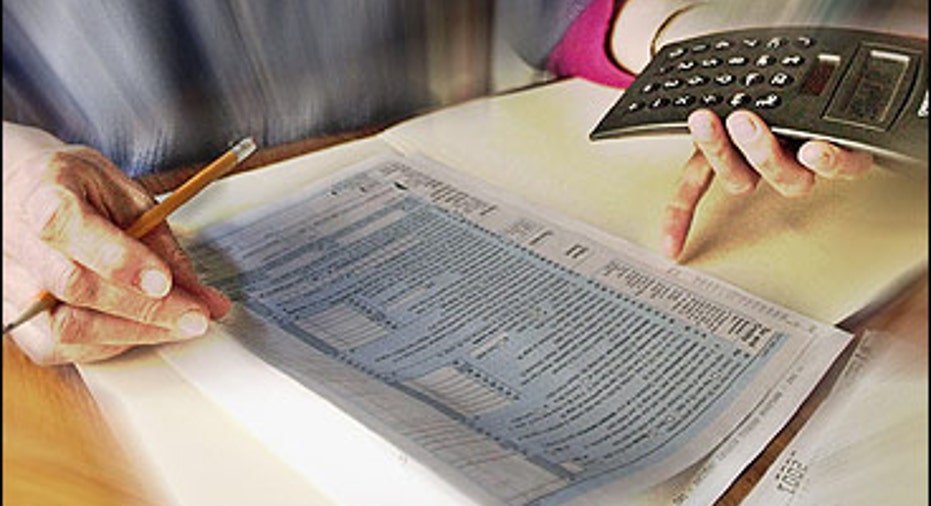How Long Should I Keep My Tax Records?

I am often asked how long one should keep tax records. Naturally, the answer is not cut and dried. For example, the IRS states that you must retain your tax returns and all supporting documents including bank statements for a minimum of three years, which is generally how long they have to audit a tax return. If you live in a state that levies an income tax, the rule is generally expanded to four years. This is because the IRS shares audit results with your state taxing agency. By the time the state receives and processes the audit results and sends you a corresponding bill, another year may have passed.
But there some documents that should be kept until any tax implications have passed, possibly forever.
For example:
- You sold your home that you purchased in 1986. If you are audited, the IRS will want to look at your original closing statement from 1986, all refinancing closing statements, and receipts for remodeling and purchase of capital assets such as flooring, new roof, etc. It would be wise to keep before and after pictures as well. This is because you can add all these costs to your original basis to subtract from the selling price to determine your gain. You need the proof of these costs to support the deduction.
- If you sold your previous home before May 7, 1997 (when they changed the methodology for reporting home sales), and deferred tax on the gain from the sale by rolling it into the basis of your new home, you should retain the escrow closing papers and a copy of IRS Form 2119, which establishes the basis of your new home.
- Photographs may be an element necessary to your tax file to help prove certain deductions such as home office or casualty or theft losses.
- You sold stock that you purchased in 1992. If you switched brokerage firms at any point in time since 1992, the new firm will not be able to list the basis on the year end 1099. Your original trade confirmation can provide this information to the IRS.
- You sold stock that you inherited in 1997. Retain all valuation paperwork from the estate to support the basis in the stock.
- You took a capital loss on a stock sale in the amount of $90,000 in 2007. Because you can use only $3,000 in losses each year and carry forward the remainder, you could easily end up carrying this loss on your tax return for 30 years. Therefore, you must keep the original documents to support the loss calculation in the event of an audit in future years. Otherwise, the loss carry forward could be disallowed.
- You funded your S Corporation with cash and collectables in 1994. This came up recently at audit. The IRS, in an effort to determine basis, asked for copies of cancelled checks for the cash contributions and receipts supporting the cost of the collectables.
- If you sold rental real estate via a 1031 exchange you need to keep the tax returns and supporting documents until 4 years after the disposition of the final property in the exchange sequence.
- If you have passive loss carry forwards, credit carry forwards, net operating loss carry forwards, – any other type of carry forward, you will need to retain the tax return where the carry forward originated. Especially maintain records proving certification of any energy-efficient products for which you took an energy tax credit.
- The basis of your IRA must be tracked in order to exclude any nondeductible items within the IRA later when you are of an age to take distributions. Contribution statements Form 5498, Form 1099-R, and IRS Form 8606, should be kept until you take the last distribution from your IRA.
- If you are disabled, retain your physician’s statement stating you were permanently and totally disabled on the date of your retirement if you are taking the Credit for the Elderly or the Disabled.
- Keep the last paystub of the year to prove deductions for union dues, charitable contributions and other items withheld from your pay. You may need this proof of payment in the event of an audit.



















